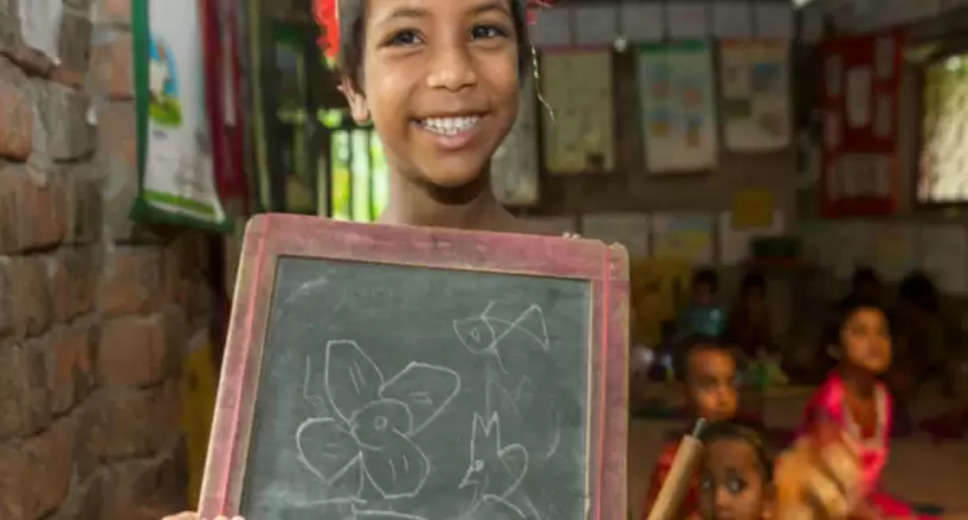UNESCO new education report calls for a 'new social contract'

Employment News-The organization published a report on Thursday – “Visualizing Our Futures Together: A New Social Contract for Education” – in which answers to these three important questions have been proposed.
More than one million people participated in the global consultation process to prepare this report.
The report calls for major changes to be made to correct past injustices and to increase our ability to work together for a more sustainable and just future.
The report took two years to prepare, and UNESCO intends to initiate a global dialogue between parents, guardians, children, and teachers around the world.
turning point
According to the UN Educational and Cultural Agency, the world is at a turning point and global inequalities mean that education has yet to fulfill its promise to shape peaceful, equitable, and sustainable futures.
The organization says that amidst wide disparities, high standards of living, and public activism also exist, the veil of civil society and democracy is weakening in many places around the world.
According to UNESCO, rapid changes in technology are changing lives, but these changes or innovations do not directly address equality, inclusion and democratic participation.
“Therefore, we have to re-imagine education,” the report argued.
immediate re-exploration
During the twentieth century, public education was primarily aimed at supporting national citizenship and development efforts, and in these efforts, compulsory schooling was provided for children and youth.
UNESCO believes that today, the world faces far more serious risks to the future, "we must urgently rediscover education in order to help meet these common challenges."
The UN agency, in this context, called for a new social contract that would "unify the world in collective efforts, and provide the knowledge and innovation needed to shape sustainable and peaceful futures for all people". that is reflected in social, economic, and environmental justice.”
key principles
According to UNESCO, this new social contract should be built on the foundation of such broad principles that also include human rights such as inclusion and equality, cooperation, and solidarity.
The agency says this new social contract should also be governed by two basic principles: ensuring the right to quality education throughout life, and strengthening education as a public common good.
The report also outlines challenges such as increasing levels of social and economic inequality, climate change, loss of biodiversity, erosion of democratic values and disruptive technology innovations.
The way education is organized around the world at this time does little to help ensure a just and peaceful society, a healthier planet, and shared progress that benefits all, the report says. Rather, some of our difficulties arise from how our education has been done.
